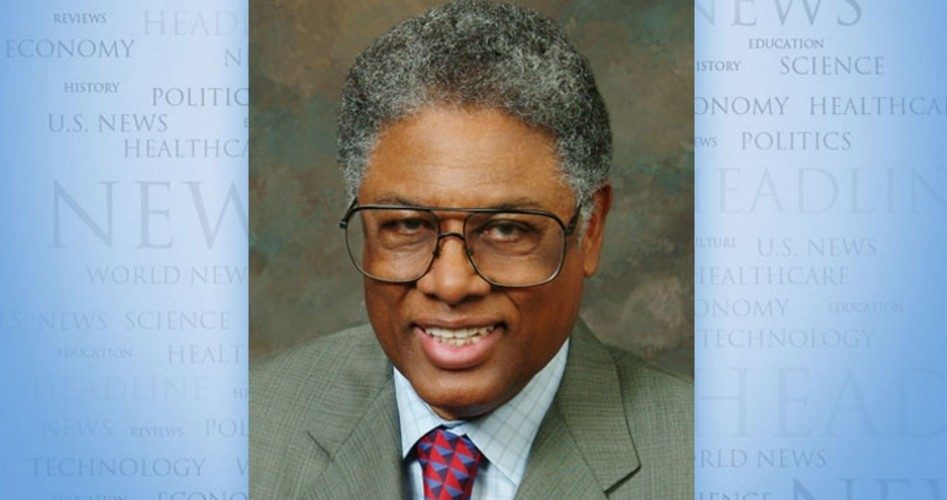
Professor Amy Chua of the Yale law school is better known as a “Tiger Mom” because of her take-no-prisoners, tough love approach to raising children. She and her husband Jed Rubenfeld (a fellow Yale law professor) have written what may turn out to be the best book of this year. It is titled The Triple Package because it argues that three qualities are found in spectacularly successful groups in America. These three qualities, they say, are a superiority complex, insecurity and impulse control.
Whether you buy their theory or not, you will be enormously enlightened by their attempts to prove it. In the process they shoot down many of the popular beliefs about upward mobility in America and about the kinds of people who succeed.
At a time when so many in academia and the media are proclaiming that the poor are no longer able to rise in America, Amy Chua and Jed Rubenfeld point out that a major research project on which that conclusion has been based left out immigrants.
In their own words, “Although rarely mentioned in media reports, the studies said to show the demise of upward mobility in America largely exclude immigrants and their children. Indeed, the Pew Foundation study most often cited as proof of the death of upward mobility in the United States expressly cautions that its findings do not apply to ‘immigrant families,’ for whom ‘the American dream is alive and well.'”
Some immigrant groups have risen spectacularly, even when they arrived here with very little money and sometimes with little knowledge of English. “Almost 25 percent of Nigerian households make over $100,000 a year” in America, the authors point out, compared to just 11 percent of black American households.
Other groups that have risen dramatically over the years include Mormons, immigrants from India and Iran, and refugees who fled Cuba when Fidel Castro took over there, back in 1958.
Those Cubans had to leave most of their wealth behind and, even when they had been doctors or other professionals in Cuba, they had to start out at the bottom in America, “crammed into small apartments and became dishwashers, janitors, and tomato pickers.” But, by 1990, Cuban American households had middle class incomes twice as often as Anglo Americans.
Americans from India have the highest income of any ethnic group the Census keeps track of, “with Chinese, Iranian and Lebanese Americans not far behind.”
Despite many who argue that black Americans cannot rise because of racist barriers, black immigrants rise. A majority of the black students at Harvard are from Africa or the Caribbean, and Nigerians “are already markedly overrepresented at Wall Street investment banks and blue-chip law firms.”
Amy Chua and Jed Rubenfeld write about America. But similar patterns can be found in England, where the white underclass seems to be stuck at the bottom, while low-income non-white immigrant children outperform them in the schools, just as Asian immigrant children outperform black underclass children in America.
Those in the media, in politics and in academia who seem determined to blame American society for individuals and groups who do not rise would be hard-pressed to explain why immigrants of various colors come in at the bottom and proceed to rise, both in the schools and in the economy — on both sides of the Atlantic.
It would probably never occur to those who are eager to blame “society” that it is they and their welfare state ideology who have, for generations, burdened the underclass with a vision of hopeless victimhood that immigrants have been spared.
By the time various immigrant groups have been here for generations, they have already risen, despite the welfare state ideology that says that they cannot rise.
That so many in the media and in academia who proclaim the end of social mobility in America leave out the fact that data they cite do not include various immigrant groups tells you all you need to know about them.
The Triple Package is a book that tells us much that we all need to know about America — especially if we want to keep the welfare state ideology from destroying the American Dream.
Thomas Sowell is a senior fellow at the Hoover Institution, Stanford University, Stanford, CA 94305. His website is www.tsowell.com. To find out more about Thomas Sowell and read features by other Creators Syndicate columnists and cartoonists, visit the Creators Syndicate Web page at www.creators.com.
COPYRIGHT 2014 CREATORS.COM

